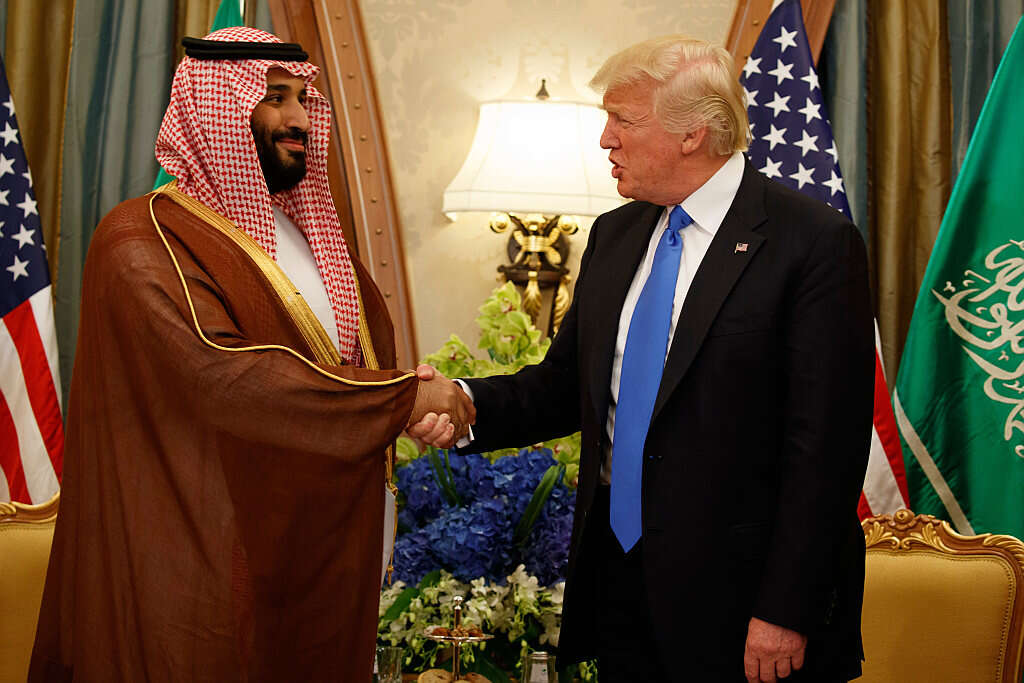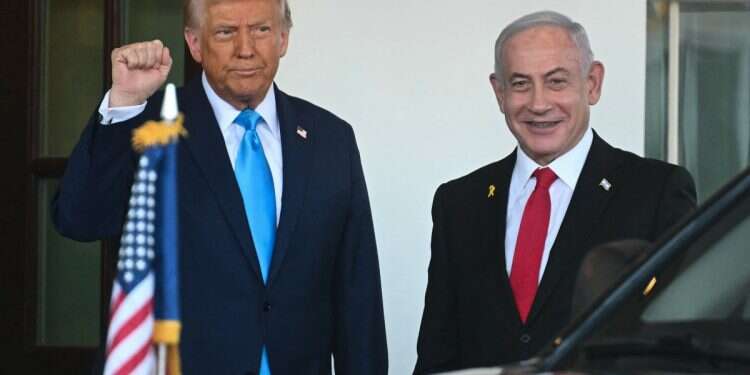It is deeply symbolic that Israeli Prime Minister Benjamin Netanyahu is the first foreign leader to be hosted by US President Donald Trump at the White House. The current US administration has shown strong support for Israel, already making several significant decisions in its favor. However, the administration does not align with all Israeli positions – it maintains its own worldview and interests, expecting Israel to respond to its requests in return for its steadfast support.
Israel's military achievements against Iran, Hezbollah, and Hamas have created an unprecedented opportunity to reshape the Middle East more profoundly. The Trump administration understands this well. Netanyahu's challenge is to translate this foundation into concrete agreements with President Trump on several interconnected issues, primarily three key matters: phase two of the hostage deal, the Iranian nuclear issue, and the possibility of normalization with Saudi Arabia.

The immediate challenge is phase two of the hostage deal. The current agreed-upon framework contains an inherent difficulty: on one hand, it establishes that the second phase means ending the war. On the other hand, Israel has defined Hamas' removal from power as one of its war objectives and declared it would not cease fighting until this goal is achieved. In practice, despite our military achievements, we remain far from realizing this objective.
Trump sees himself as a dealmaker who prevents wars. His involvement, along with his envoy Steve Witkoff, was instrumental in implementing phase one of the hostage deal. He undoubtedly wants to proceed with phase two, while sharing the position that Hamas must not continue ruling Gaza. How can this circle be squared? The second phase could be based on Israeli-American understandings about the post-Hamas era, and/or arrangements allowing Israel to resume fighting.
In the broader regional context, addressing Iran's nuclear program tops the agenda. The situation has reached a dangerous point – but as mentioned, the weakening of the Iranian axis has created a unique opportunity to address it.

The actions we have taken in the Middle East have transformed regional realities in ways that serve US interests. Trump, viewing himself as a dealmaker and war preventer, is considering returning to a diplomatic path with Iran based on economic and political pressure. Israel needs to clarify the diplomatic framework, its timeline, and crucially – what the US will do if it fails. Personally, I doubt its chances of success, and in any case, dialogue with Iran must be backed by a credible military option.
Trump is also interested in advancing Israeli-Saudi normalization, but for the Saudis, this depends on a ceasefire in Gaza and outlining a political horizon for the Palestinian issue – a sensitive topic in Israel. A breakthrough serves everyone's interests but it may need to be postponed until after addressing the Iranian and Gaza issues.
This meeting holds supreme importance for shaping the Middle East's future. The Trump administration understands that Israel's enemies are also the enemies of the West and the US, and our success in the war serves American strategic interests.
In the past, there were issues where Israel stood firm without compromise. The same applies to current discussions – this is a negotiation where both sides speak and listen.




